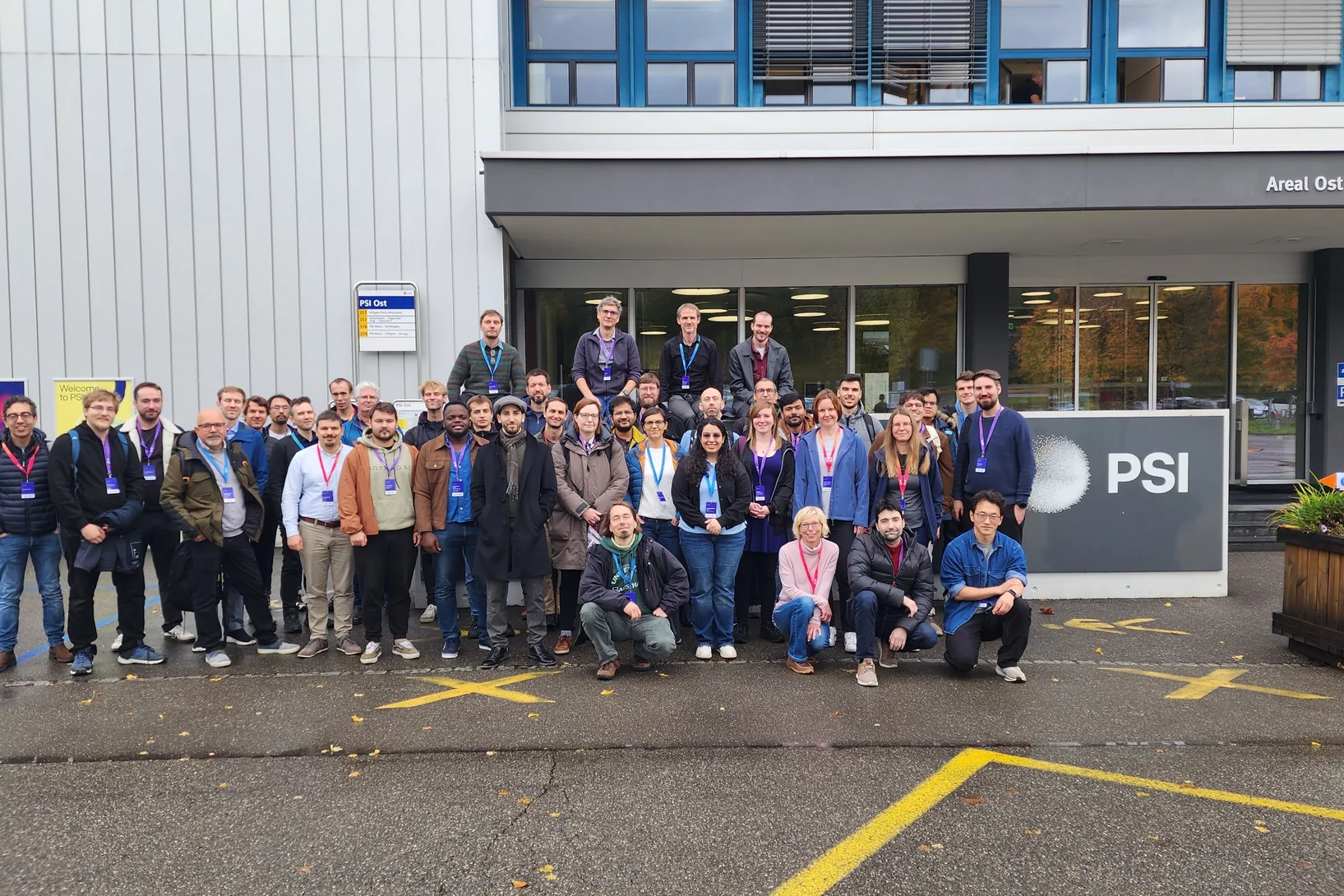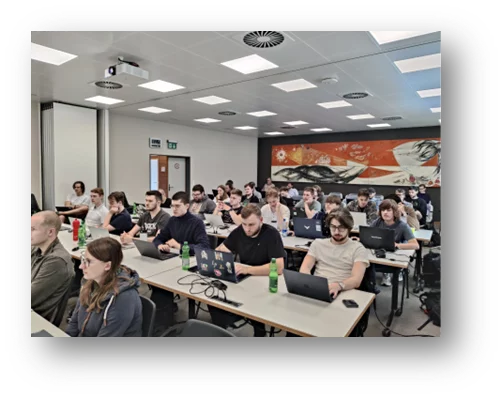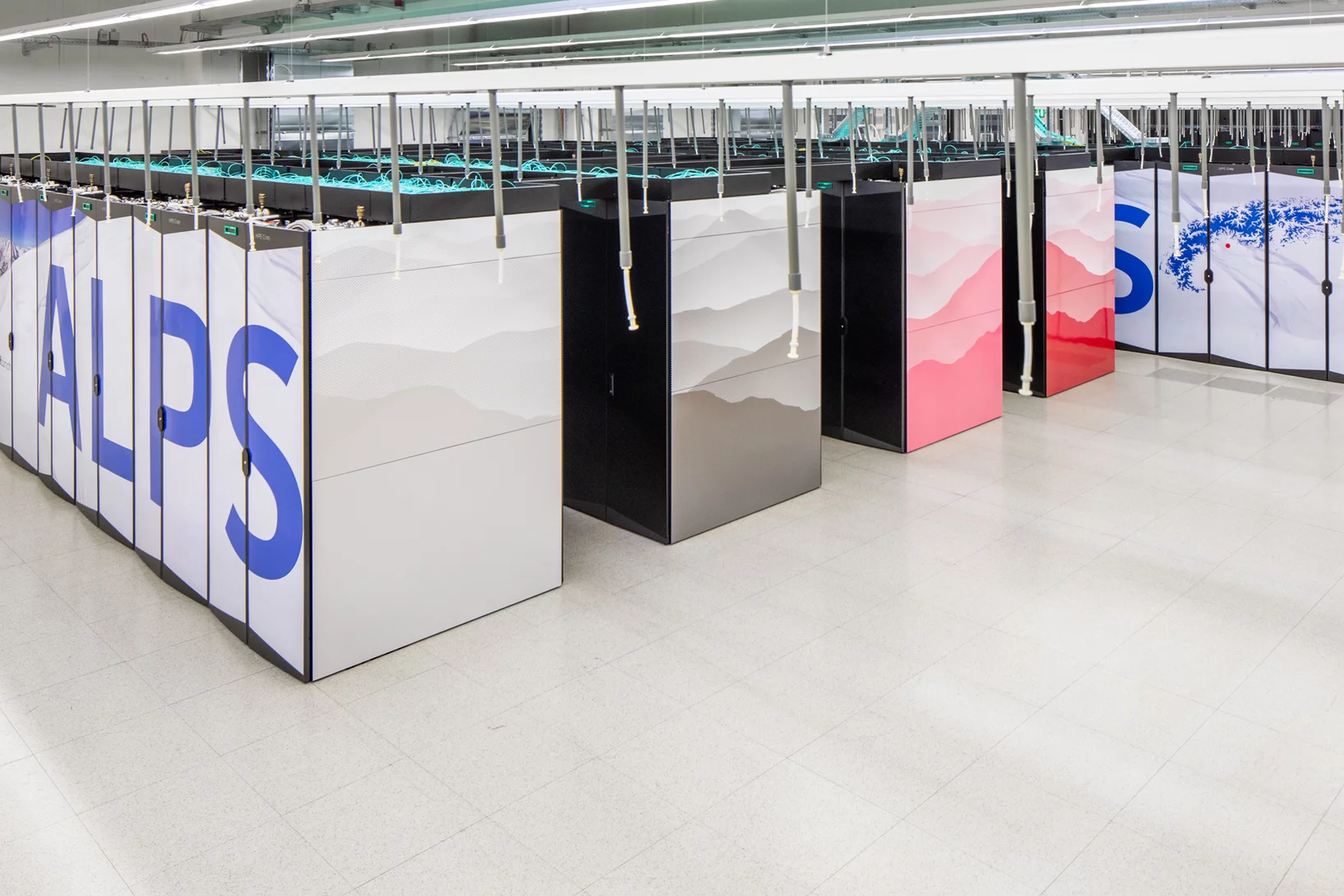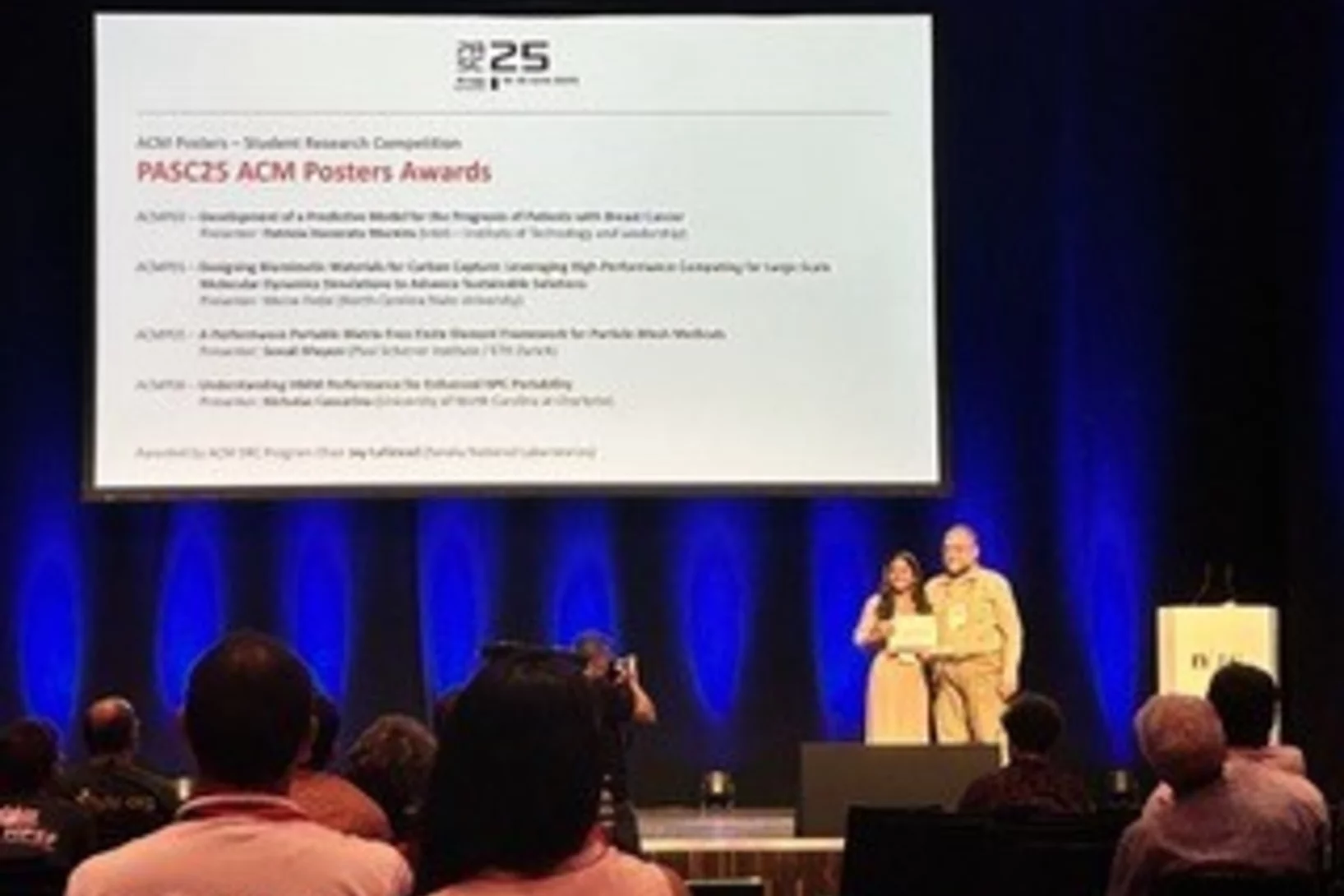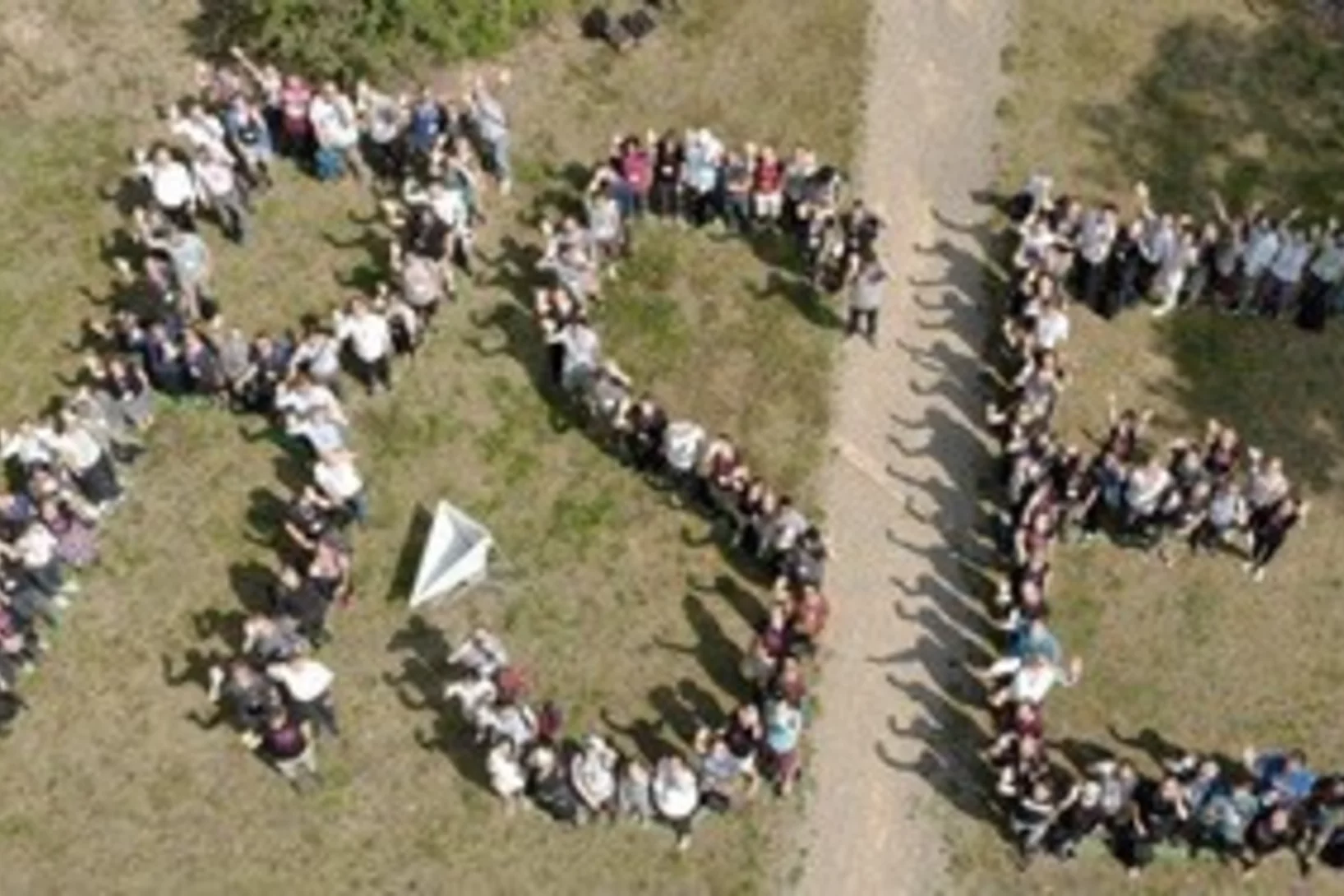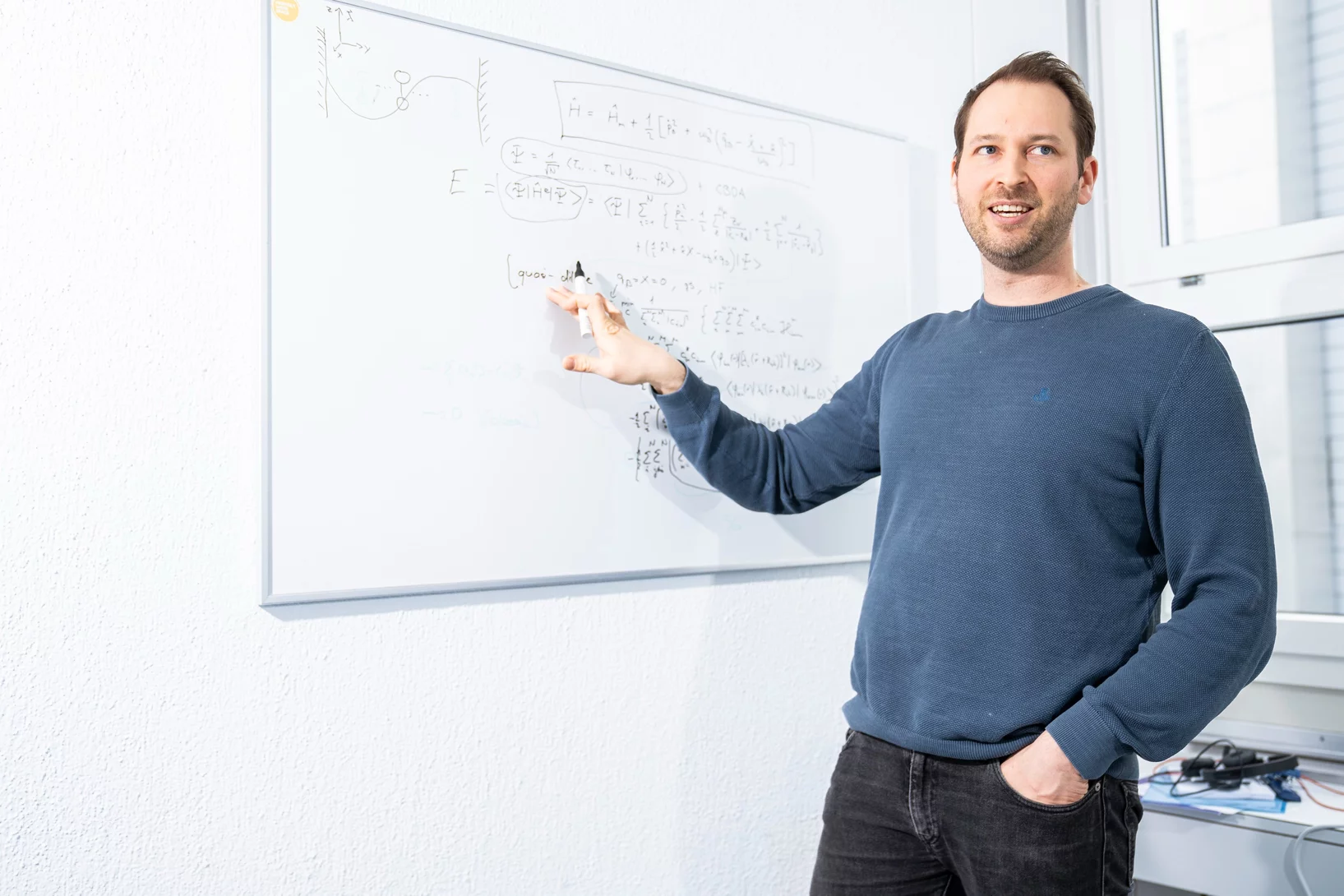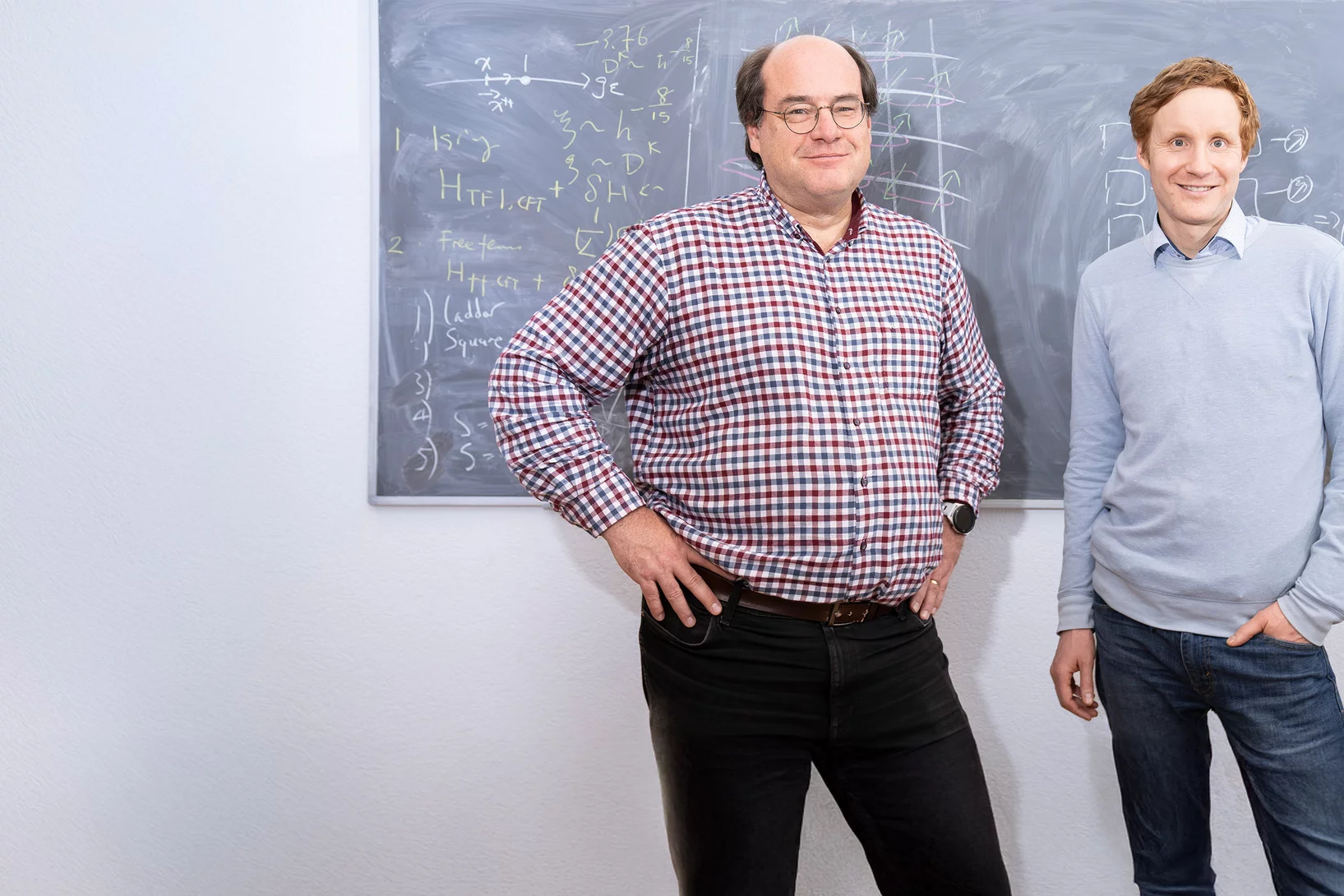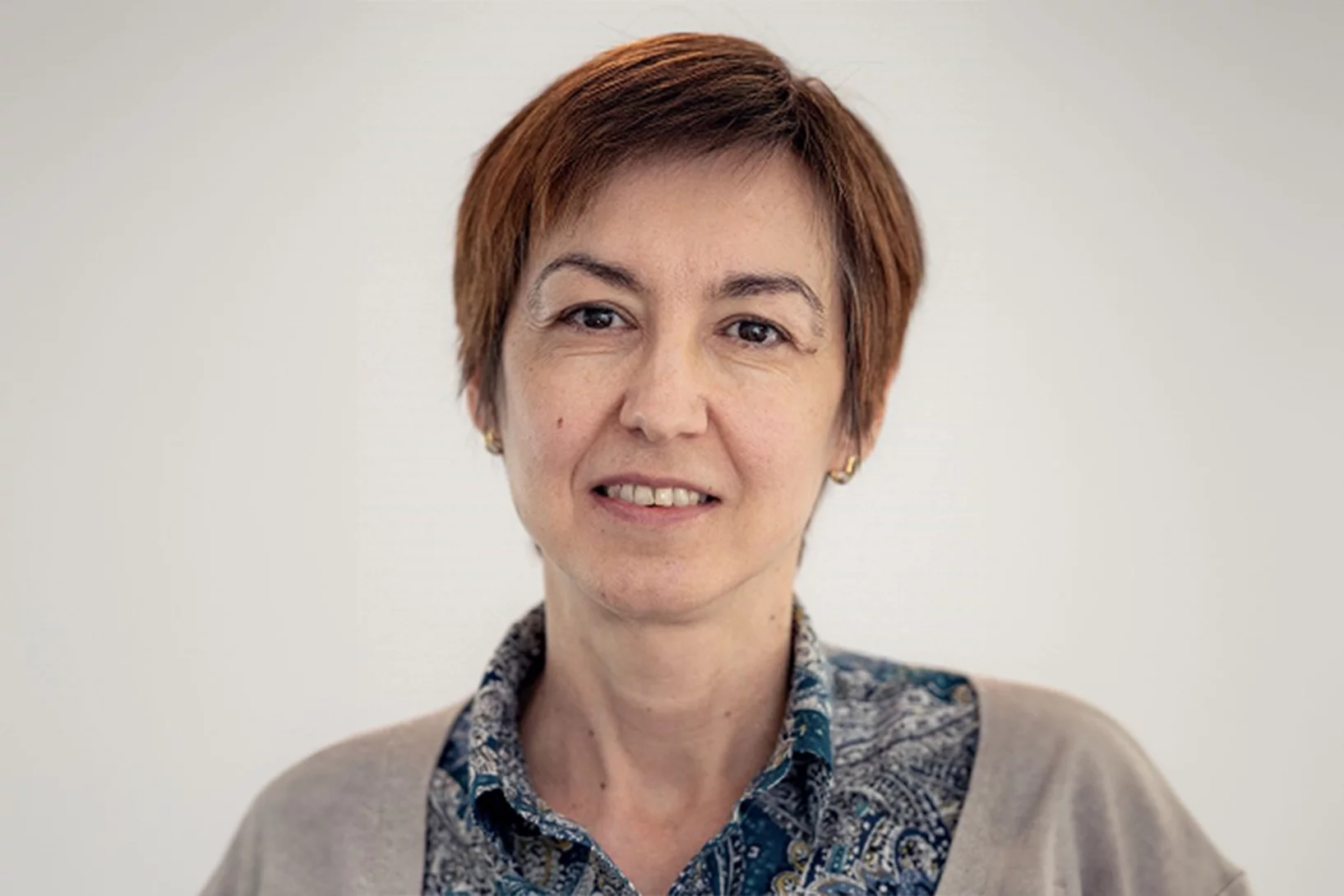Show filters
Osselet aux rayons X: une nouvelle technique révèle ses structures en un temps record
Des scientifiques du PSI démontrent avec un osselet comment les structures de matériaux biologiques peuvent être analysées en un temps record, de l’échelle nanométrique à l’échelle millimétrique.
2nd GIF Molten Salt Reactor workshop at PSI
On 10 December 2025 the 2nd GIF Molten Salt Reactor workshop took place at PSI
MADICES Conference at PSI
The MADICES 3 workshop was about bringing representatives from the open research data (ORD) community, including research data management (RDM) platform developers/maintainers, ontology/semantics experts, those leveraging AI/LLM for RDM tasks, and FAIR principles advocators together to discuss (and implement solutions for) the problems hindering the adoption of ORD and FAIR principles and practices in the sciences.
HPCP Summer School FHNW/PSI
The institute for Data Science of the FHNW in Brugg - Windisch and AWI department of PSI held a joint course on high performance computing. The course addressed computer science students of FHNW and interested individuals at PSI. Two full days at the FHNW (with Apero) were followed by two full days at PSI using Merlin6 (with tour).
Merlin-7: un nouveau modèle pour le calcul intensif
Au PSI, un cluster de calcul innovant ouvre une ère nouvelle dans la recherche assistée par ordinateur.
Congratulations to Sonali for winning the ACM student research competition !
Congratulations to Sonali for winning the ACM student research competition that took place at PASC 2025 in Brugg as part of the SIGHPC ACM SIG conference
Research Software Engineering (RSE) Movement at PSI
The online information event on the “Research Software Engineering (RSE) Movement” at PSI on Wednesday 7th May, 2025 was a quite success with an unexpected high number of 100+ participants!
Bloc-notes, crayon et algorithmes
Dominik Sidler, physicien au PSI, développe des théories fondamentales pour des phénomènes restés inexpliqués à ce jour.
Un simulateur quantique unique en son genre ouvre la porte à de nouvelles recherches
Des physiciens du PSI et de Google ont construit un simulateur quantique numérique-analogique innovant.
New benchmark helps solve the hardest quantum problems
Quantum many-body problems involve the highly complicated process of predicting the behaviour of many interacting quantum particles. A newly developed benchmark helps to solve these problems.
Un raccourci possible
L’apprentissage machine et l’intelligence artificielle font désormais partie des outils de la plupart des scientifiques du PSI. Ces méthodes modifient parfois en profondeur la science.
Prof. Laura Grigori wins the SIAM Supercomputing Career Prize
Congratulations to Laura Grigori for being awarded the 2024 SIAM Activity Group on Supercomputing Career Prize in acknowledgement of her "outstanding contributions to scientific computing, particularly communication-avoiding algorithms".



